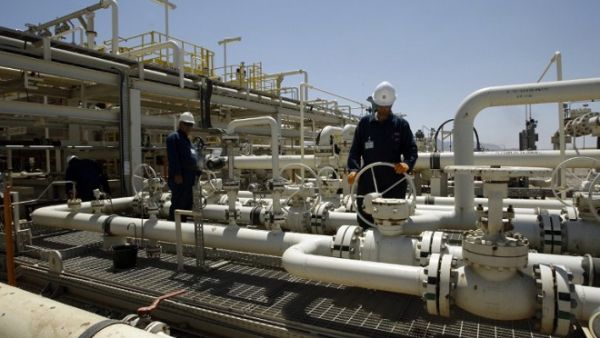Dana Gas applies Shari’ah non-compliance as a cause for restructuring—Dana Gas, a MENA independent natural gas exploration and production company, has proposed a restructuring to holders of its $700 million of Sukuk maturing in Oct 2017. Its proposal is on the basis that these Sukuk are no longer Shari'ah compliant because standards of interpretation have changed since they were issued in 2013. (Note there is no global standard and review board for Shari'ah compliance).
Dana Gas is effectively attempting to reduce its finance costs by issuing lower yielding Sukuk with fresh stamps of Shari'ah approval. Restructuring discussions have been ongoing since May and follow the company’s multi-year difficulty in collecting cash from quasi-sovereign counter-parties in Egypt and the Kurdistan Region of Iraq (KRI). Dana Gas is headquartered in Sharjah in UAE and has operations in UAE, Egypt and KRI.
Dana Gas is seeking to have its existing Sukuk declared invalid in a UAE court (even though the Sukuk are governed by UK law, the assets underpinning them are governed by UAE law) and this court has granted Dana Gas an injunction protecting it from claims until the case is decided (the first hearing is scheduled for end of December 2017).
Test case for broad Islamic finance—Exotix’s interest in this note is not Dana Gas specifically (they offer no view here on how this aggressive stance plays out in the negotiation with Sukuk holders nor on current Sukuk or share prices). Rather the firm pose the following questions:
(1) How important is this precedent of reviewing Shari'ah compliance by a distressed borrower for the broad Islamic finance industry?
The key question here is whether the precedent of revisiting the Shari'ah stamp of approval creates risk in excess of the risk associated with an equivalent piece of conventional finance (this question could apply not merely to Sukuk but to all other forms of Islamic finance). While posing this ‘baby and bathwater’ question, it is worth mentioning that there are many examples of distressed conventional bond borrowers engaging in aggressive or opportunistic negotiating positions (and, of course, many examples of default) which have resulted in higher future costs of borrowing for them rather than for the broad asset class.
(2) Sukuk, in practise, generally yield less than conventional bonds because of the technical factor that there is a surplus of cash in need of a Shari'ah compliant return relative to the limited supply of Sukuk issuers. Particularly, in the case of high yield, is there now a case for pricing Sukuk more expensively than conventional bonds?
(3) If the precedent of revisiting Shari'ah compliance infects the Islamic finance industry, is there greater risk of a loss of confidence (and higher cost of capital) in markets such as the GCC, Iran, Malaysia, Bangladesh, Jordan, Bahrain and Pakistan? (All have more than 10 per cent of overall banking assets made up by Islamic banking assets.)
(4) If Dana Gas receives a favourable judgement from this UAE court will that, at a minimum, embolden other UAE-based Sukuk issuers if they become distressed?
(5) Does the jurisdiction of the Sukuk become irrelevant if a favourable ruling for the issuer is received in the jurisdiction where the assets underpinning the Sukuk are located? (Note that in 2009, Investment Dar, of Kuwait, argued its Islamic finance contract with Blom Bank, of Lebanon, was not Shari'ah compliant and this took place in a UK court which set aside this argument).
By Nabilah Annuar








